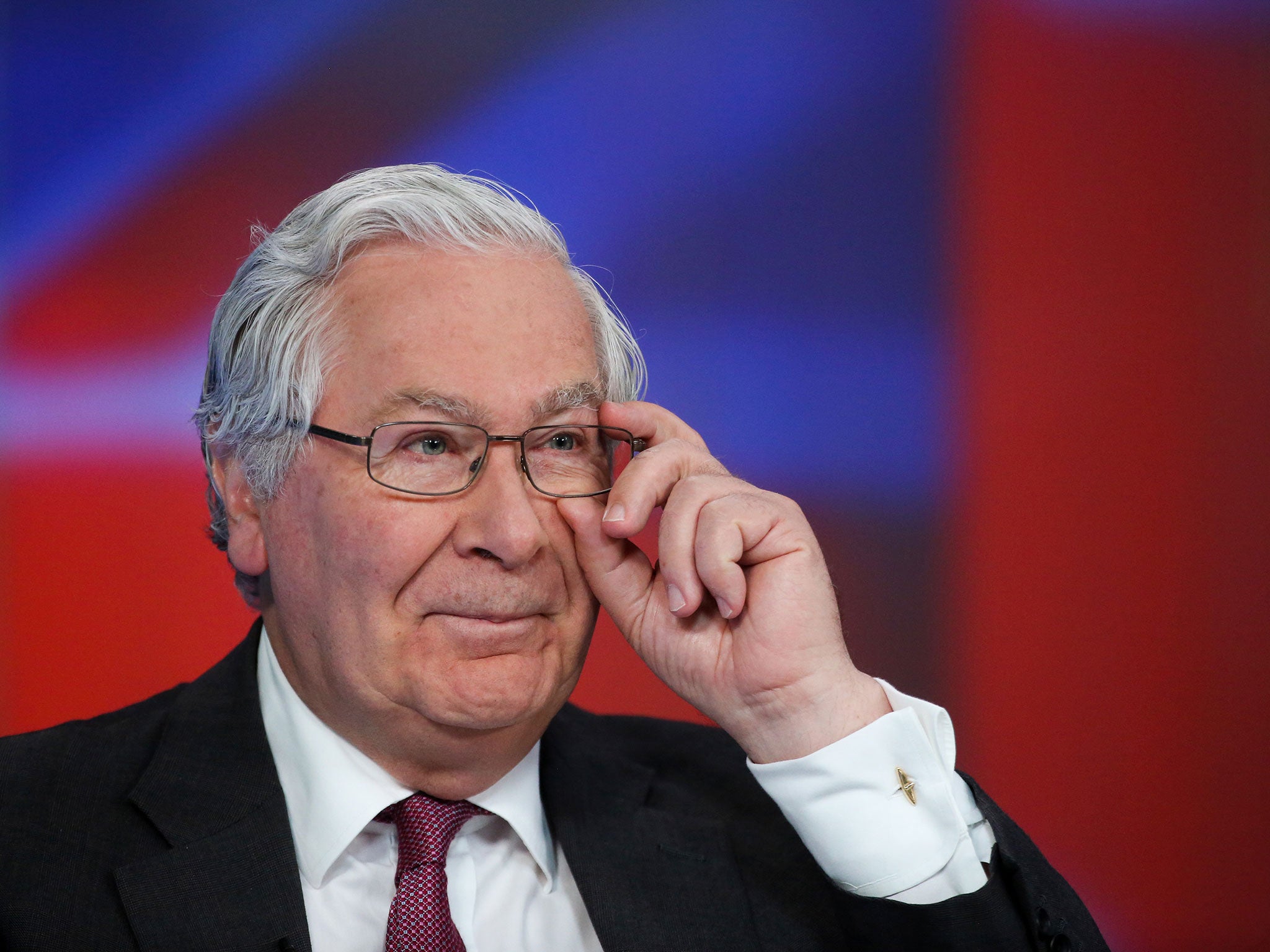Pound sterling collapse a 'welcome change', says former Bank of England governor Mervyn King
Reactions have been 'over the top'; Brexit has delivered what central bankers have failed to for years - lower exchange rates, lower house prices, higher interest rates, King said.

The collapse in the value of the pound was labelled a “welcome change” by former Bank of England governor, Mervyn King yesterday.
King, who headed up the Bank during the turbulent days of the financial crisis, before handing over to Mark Carney, broke away from the consensus view of economists that the collapsing pound is bad for the UK.
He told Sky News: “The economy was slowing somewhat before the vote and we are in a position where the rest of the world is not offering us much help. So, from that point of view the fall in sterling is a welcome change.”
The UK currency continued to tumble this week after briefly regaining some of the six per cent it lost in two dramatic minutes last Thursday. The reasons for last week’s “flash crash”, are still unknown, sparking much debate as well as a Bank of England investigation.
The pound has now lost 16 per cent of its value since the Brexit vote on 23 June, making it one of the worst-performing currencies in the world this year.
Many have pointed to this as the currency market’s way of saying that the UK’s economic prospects are bleaker outside the European Union. Lack of access to the single market of 500 million people as well as curbs on migration are likely to drag the country’s economic growth, experts have said.
But King voiced a more optimistic view on Monday. “The whole thing has generated reactions which are over the top,” he said of the pound’s collapse.
King added: “During the referendum campaign, someone said the real danger of Brexit is you'll end up with higher interest rates, lower house prices and a lower exchange rate, and I thought: dream on.
“Because that's what we've been trying to achieve for the past three years and now we have a chance of getting it.”
He concluded: “I don't think we should fear (Brexit). It's not a bed of roses, but nor is it the end of the world.”
King’s comments add to a fierce debate over the impact of the pound’s malaise, and come as Princeton economics professor and former IMF research director, Ashoka Mody claimed that the depreciation will “rebalance” the economy.
Mody yesterday argued that the pound had been “highly overvalued” and its depreciation will help to deflate a speculative property bubble, and attract money into “more productive” enterprises.
Brexit-backers have argued that the pound’s fall will make British exports more competitive; a theory which has not yet been reflected in reality. Official ONS figures released last week show that imports have increased whilst exports have barely budged, leading to a yawning trade deficit of £4.7 billion in August, double the gap for July.
ONS statistician Kate Davies said: “Manufacturing output was up slightly in August with more cars built, with limited evidence suggesting the lower pound boosted exports.
Subscribe to Independent Premium to bookmark this article
Want to bookmark your favourite articles and stories to read or reference later? Start your Independent Premium subscription today.

Join our commenting forum
Join thought-provoking conversations, follow other Independent readers and see their replies